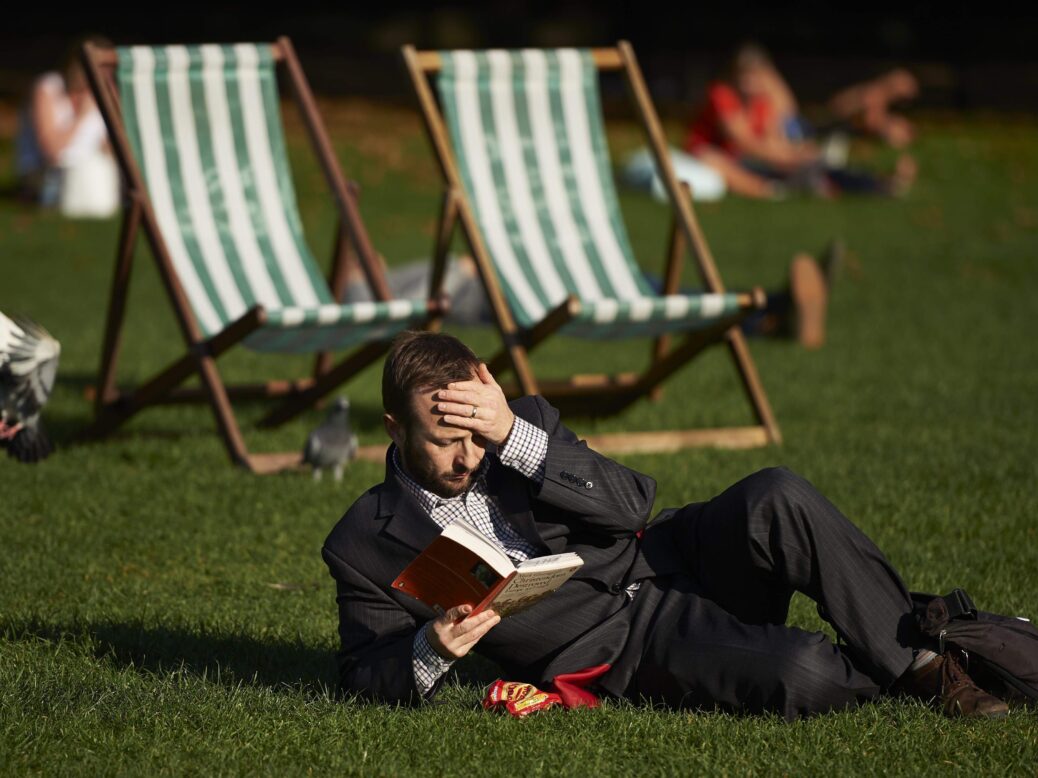
I’ve long railed against the notion of “guilty pleasures”, a particularly British euphemism for cultural snobbery, shorthand for a book, song or film that you wholeheartedly love while knowing you “shouldn’t”. A couple of days ago I heard it applied to my own work for the first time. A friend shared a picture of my latest novel on Facebook and a comment appeared underneath: “Love her books! A real guilty pleasure.” My friend defended my books, but followed it up with: “You’re the first man I’ve heard go public with it!”
The book in question, He Said/She Said, is unabashed suspense fiction but it’s also, I hope, a well-written challenge to the way we try rape in this country and an exploration of privilege and prejudice. I’m proud of it, and puzzled that reading it was a source of shame. I asked him whether it was my genre or my gender that was beneath him (the second most common backhanded compliment I receive, after “I don’t normally read thrillers but I like yours” is “I don’t usually read women writers, but…”).
His response (and he turned out to be lovely) was that it qualified as a guilty pleasure as he’d discovered me via the Richard & Judy book club (whose alumni include famous bonkbuster authors Julian Barnes, Sarah Perry and David Mitchell).
Am I being chippy? Maybe, a bit. As a suspense writer I am bored of my peers’ and my good work being dismissed by people who “don’t read crime fiction” but what really riles me is being dismissed by those who do.
They are not really talking about guilt, of course. There is plenty of culture we feel conflicted about consuming: the hip-hop with homophobic lyrics that powers you through the last 2k of your run, or the fact that actually there’s quite a lot of rape in Game of Thrones, isn’t there? The really grubby stuff will be found in the secret caches of a browser history, not on a bookshelf. “Guilty pleasure” is shorthand for something else. It means I enjoyed reading this book but it wasn’t longlisted for the Booker or enshrined by a broadsheet critic and I need you to know that I know that. I stayed up reading your novel until three o’clock in the morning but my soul is really Mantel and Murakami, and my other car is a Rolls Royce.
Why apologise for something that gives you pleasure? The books that become old friends are part of us, like the music that makes us dance or cry. Art calls to something internal. Deride your own taste and it is yourself you denigrate, not the author. It’s the same insecurity that has people fawning over crime drama and fiction in translation but dismiss authors writing in the same genre in English. If you “curate” your sitting-room bookshelf with unread heavyweights while the paperbacks you read to death have the real pride of place next to your bed, if your self-esteem is fragile enough that you’re ashamed to admit enjoying a book that was stocked in Morrisons, you might want to make your next read a self-help manual.
Now is not a good time to cling to literary snobbery. Literacy matters. This month saw the end of the Quick Reads scheme, which has for ten years produced short, accessible, affordable books for emerging adult readers. Written by household names to vaporise the idea that books are only for the educated, Quick Reads changed lives. The scheme was popular in prisons and sometimes meant the difference between reoffending and rehabilitation; between unemployed and employed. Try telling the person who’s just read a book for the first time since school that they should feel ashamed for losing themselves in a story and then see how clever you feel.
God knows we need to lose ourselves in stories at the moment. If you care more about what others think of the books you read than you treasure the experience of reading, the loss is yours.
He Said/She Said is published by Hodder & Stoughton.






